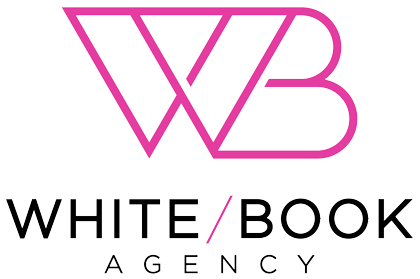It has been a busy few weeks with work and play ~ from the 3% LA Minicon to the United State of Women’s LA Summit.
I’m writing today to share something around language and words. When working with clients or colleagues, there’s no denying that I can be a bit choose-y when it comes to communicating. (Particular word choice considering “picky” is what may come to mind for many.) I’ve explained away this behavior (Habit? Annoyance to others?) with the importance of conveying messages accurately and with the receiver in mind.
So, the 3% LA Minicon (held on April 26, 2018) was focused on: How Technology Intersects with Diversity + Creativity. There was an inspiring line-up of speakers and range of interesting content and topics discussed. You can read more about the event here in the LA Weekly and The Drum.
The evening before the #3PercentLA event, a few speakers and conference participants got together. I had the pleasure of meeting Elle Graham-Dixon, equality strategist & group planning director at BBDO, whose #LAMinicon presentation was called: “Choose your words: How to use language as a tool for equality.”
We discussed her presentation, which I was immediately intrigued by because – hello, words! I shared how, as a communications/PR practitioner, I often stress the importance of word usage to my colleagues and clients, and explain while solid journalists are supposed to be objective, sometimes the language is not. Elle and I discussed an example that I learned in college (see below), which is simple to understand and clear.
Well, in between running around at the LA Minicon (you know, work and all!), I got to catch a portion of Elle’s presentation, which was mentally stimulating. She did a great job of explaining the impact of language as it relates to diversity conversations, and lucky you ~ you can get a taste of what she shared in this article in Campaign.
So the example I discussed with Elle, I wanted to share with you here. It’s not about diversity, but simply around the power of words in general. I’ve shared this for years now with many of the communications interns I’ve worked with, and it’s courtesy of Professor James Keaten at UNC (thanks, Dr. Keaten!).
Again, this example has served as a clear and simple way to understand the impact of words, and the energy that each one carries for different people. Oh, and I’ve ridiculously super adapted here. (That would be courtesy of me and uh, brevity.) Here goes:
Would you rather be unique, odd, special, strange or different?
These words, in the most basic sense, mean the same thing. That is, “not the same as others” yet most people have a preference if someone were to describe them. And each word often comes with different degrees of interpretation for different people. For instance, the word “special” may have a greater impact or different meaning to the parent of a child with disabilities or special needs.
OK, so this post is not going to have you walking away with linguist level knowledge, but I hope it gets you thinking about the power of your words, words in general, and how that applies to your messages (personal and brand).
Share any thoughts with us in the comments below or message us.
